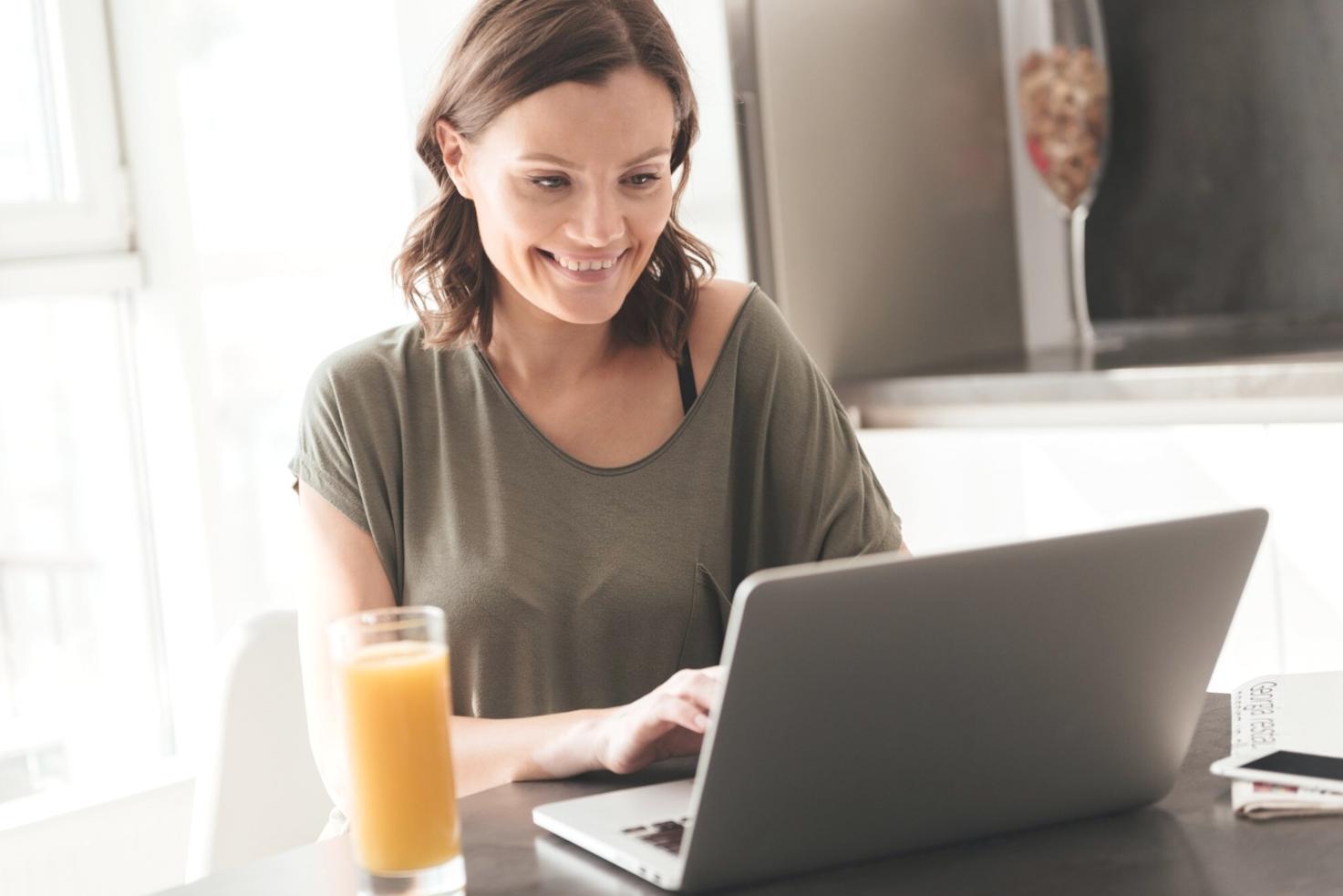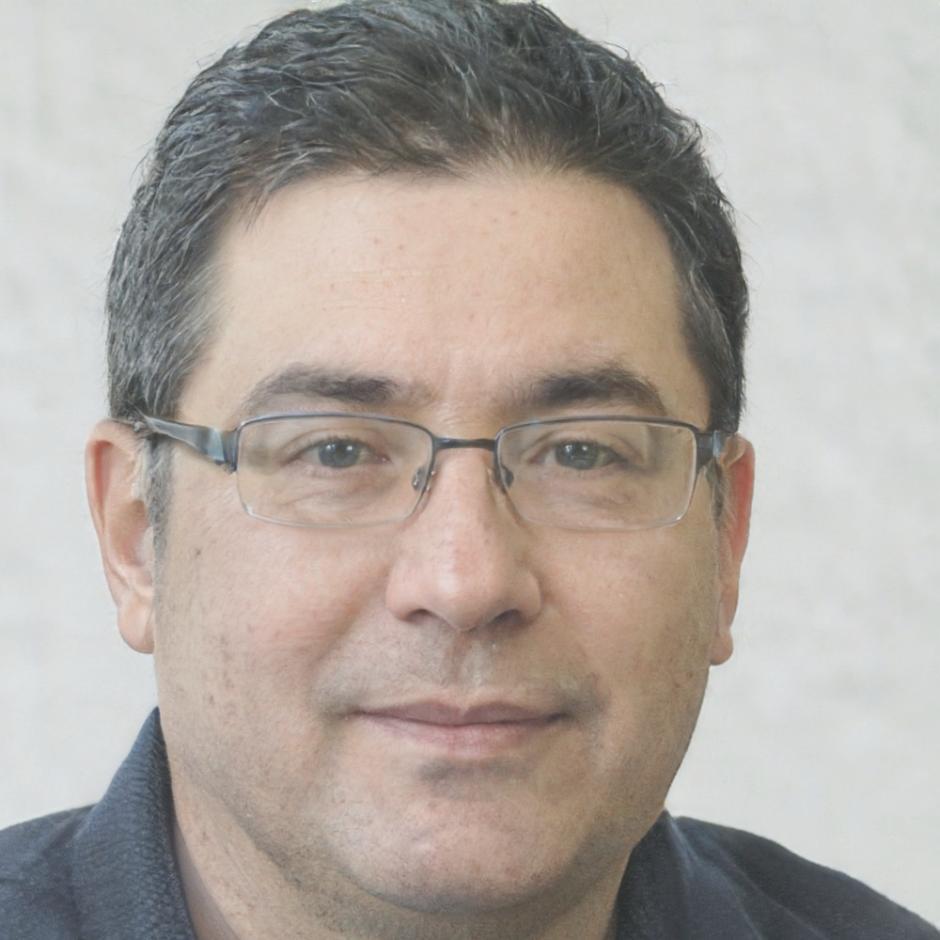Learning About Long-Term Investing From Your Kitchen Table
Working from home changed how thousands of people in Ireland think about their finances. When you're not commuting, you notice things. Like how much money sits doing nothing in a current account.
We started getting questions about investing during the first lockdown in 2020. People had time to think. They'd read something about compound interest and wanted to understand what it actually meant for them.
So we put together some straightforward guidance. Not theory from textbooks—real approaches that work when you're managing money from home, between meetings or during lunch breaks.
Start a Conversation

Rónán Aylward
Financial Education Coordinator
I spent fifteen years explaining investment concepts in offices across Cork. Then everyone went home. Had to rethink everything. Turns out, kitchen table conversations work better than conference rooms anyway.
Five Things We Wish More People Understood About Patient Investing
These aren't secrets. They're just things that become obvious once you've watched markets for a decade or two. We run free online sessions about this stuff—usually on Tuesday evenings around 7pm, starting again in September 2025.
The First Year Feels Weird
Your investment will go up some days and down others. This is normal. People working remotely check their accounts too often—we're all guilty of it. Try scheduling specific times to review, maybe monthly. The daily movements don't matter much if you're planning for ten years ahead.
Automatic Contributions Change Everything
Set up a standing order from your salary account. Even €200 monthly adds up more than you'd think. You stop timing the market (which doesn't work anyway) and start building something steady. Most of our clients in Cork use this approach because it removes the monthly decision fatigue.
Boring Usually Wins
Cryptocurrency might be exciting. Individual stocks can feel like you're doing something clever. But diversified funds—the boring option—have historically provided steady growth for people who left them alone. We're not saying never take chances. Just that most of your money probably belongs somewhere stable.
Fees Eat More Than You Realize
A fund charging 1.5% versus one charging 0.5% doesn't sound like much. Over twenty years on €50,000, it's thousands of euro. When you're learning from home, take an afternoon to understand what you're actually paying. Some platforms make it deliberately confusing—that's usually a warning sign.
Market Drops Are Part of the Deal
2022 was rough. Lots of portfolios dropped 15% or more. People who sold locked in those losses. People who kept contributing bought investments on sale. By late 2024, most balanced portfolios had recovered. Patience isn't glamorous, but it tends to work if your time horizon is longer than three years.
What Remote Learners Tell Us Actually Helps
We asked people who joined our online sessions in 2024 what made the biggest difference in their understanding. Here's what came up repeatedly.

Siobhán Falvey
Attended workshops in Autumn 2024
The comparison between saving and investing finally clicked for me during the November session. I'd been keeping everything in a deposit account earning basically nothing. Started moving some into funds in December. Not life-changing amounts, but it feels smarter than leaving it sit there.

Aoife Dempsey
Remote learning participant since March 2024
What helped most was hearing that everyone finds this confusing at first. The sessions didn't make me feel stupid for asking basic questions. Took me three months to actually open an investment account after the first workshop, but having someone to email questions to made all the difference.
Setting Up Your Own Learning Schedule
Block Out Specific Times
Working from home means constant interruptions. We suggest Sunday mornings or Wednesday evenings—times when you can actually concentrate. Even thirty minutes weekly makes a difference if you're consistent about it.
Keep a Simple Progress Journal
Write down what confused you and what made sense. Sounds basic, but it helps spot patterns in your understanding. One person in our January group realized they needed to rewatch anything about tax three times—that's just how their brain worked with that particular topic.
Join Group Sessions When Possible
Our next series starts in September 2025. Learning alone is fine, but hearing other people's questions often answers things you hadn't thought to ask. Plus it's less isolating than staring at spreadsheets by yourself every week.

